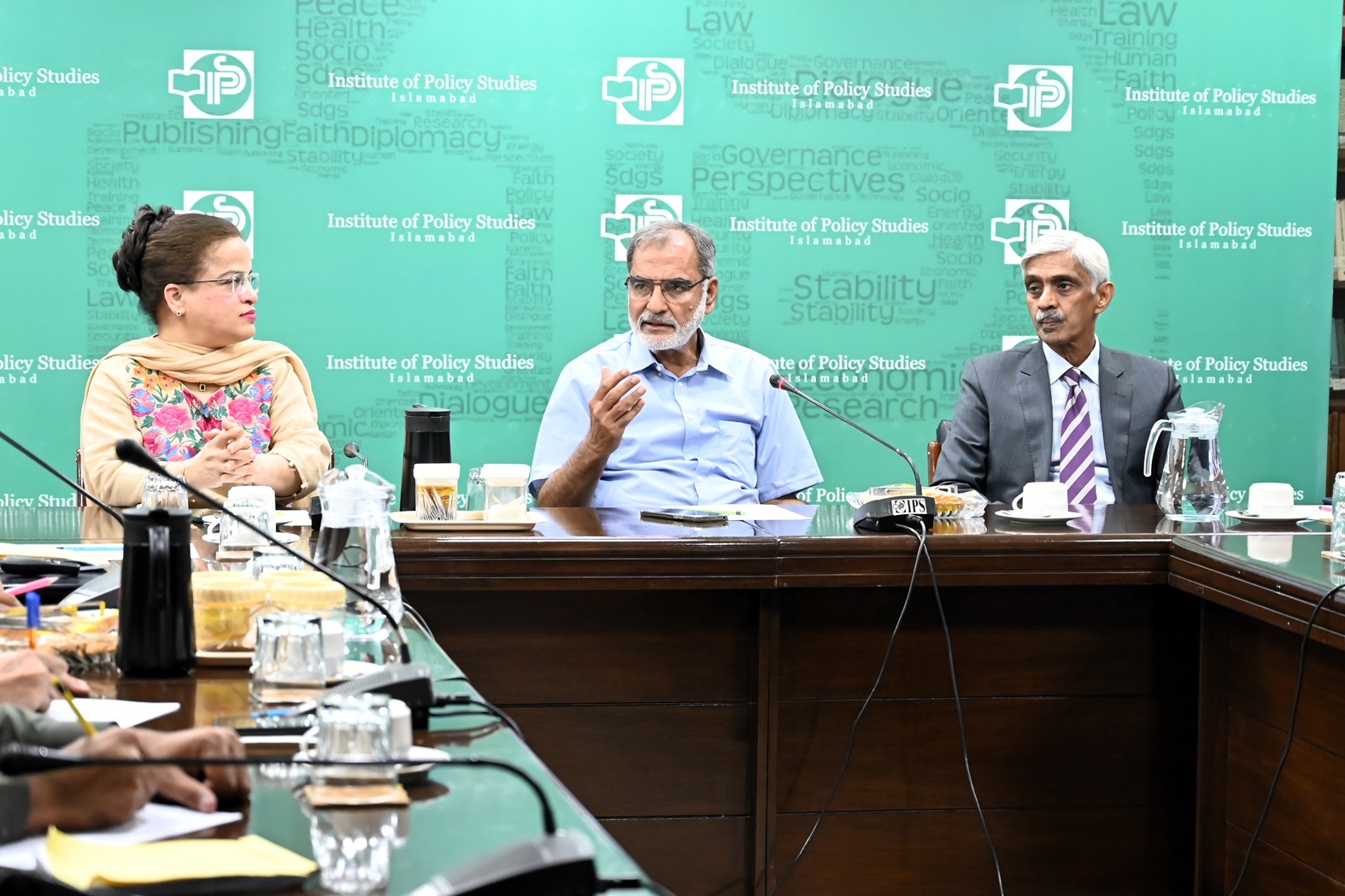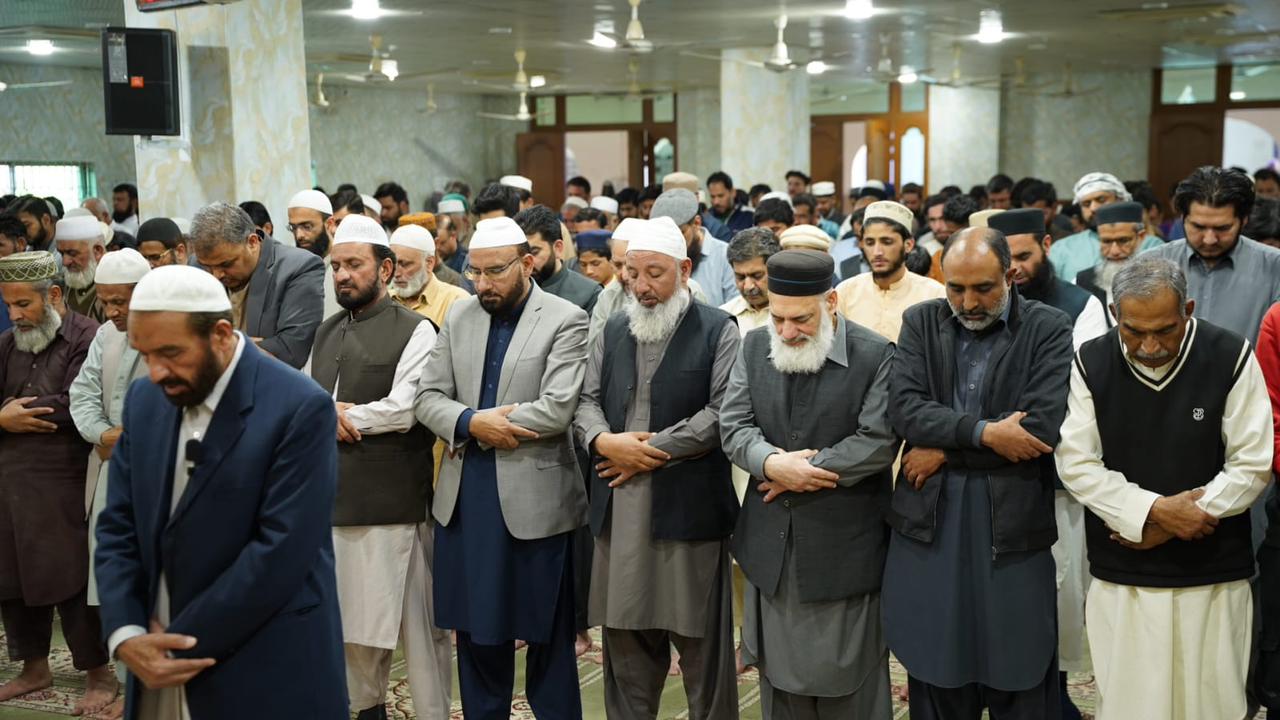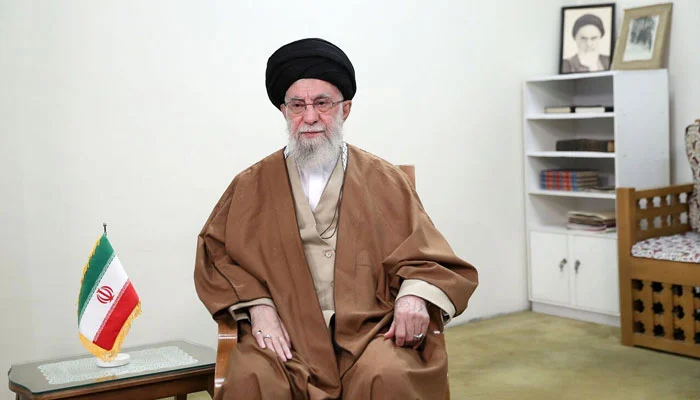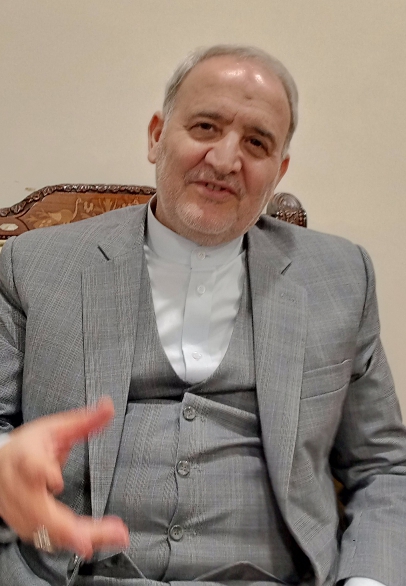ISLAMABAD,
The incident in Pahalgam and the subsequent unilateral steps taken by India are not a mere coincidence but part of a systematic and sustained strategy, aimed at weakening Pakistan’s role in the region. The timing of the incident, the historical parallels, and the coordinated media campaign that began immediately after it indicate that it was a deliberate move. This intent was further reflected in the steps taken without any evidence or identification of the attackers, such as the suspension of the Indus Waters Treaty and the closure of the Attari border. Pakistan should adopt a deliberate, balanced, and determined strategy, reiterate its principled position, counter disinformation with facts, expose the hidden motives behind such systematic violence, and engage effectively with international partners.
These observations were made by a panel of experts and defence analysts during an event titled “Pahalgam Attack: An Analysis of Objectives and Strategic Implications” organised by the Institute of Policy Studies, Islamabad. The speakers at the session included Dr. Asma Shakir Khawaja, Executive Director, Centre for International Strategic Studies, Azad Jammu and Kashmir, Sheikh Waleed Rasool, Director, Institute of Multi-Track Dialogue Development and Diplomatic Studies, Dr. Noman Sattar, Visiting Faculty, Department of Defence and Strategic Studies, Quaid-e-Azam University, Syed Nazir, Defence and Strategic Expert, Senior Journalist Iftikhar Gilani, Khalid Rehman, Chairman (IPS), and Ambassador (retd) Syed Abrar Hussain, Vice Chairman (IPS).
Dr. Asma Khawaja said that the incident was “a deliberate move to give a sectarian colour to the Kashmir issue.” He added that such incidents often occur during high-level foreign visits to India to divert global attention from the real issue. He stressed the need to acknowledge the role of rising hypernationalism under Prime Minister Modi and warned that such actions are part of a broader strategy to undermine Pakistan’s regional role by using Islamophobia.
Sheikh Waleed Rasool, while pointing out the historical sensitivity of Pahalgam, mentioned the Ajit Doval Doctrine, which emphasizes targeting state actors. “This is not just an isolated incident,” he said. “It is a multi-faceted strategy, part of a larger pattern, and should be seen in the context of global and regional dynamics.”
Dr. Noman Sattar, viewing the incident in the framework of India’s strategic posture after 9/11, said that such attacks are often used to portray Pakistan as a permanent adversary and to incite nationalist sentiments. He said the repercussions of the incident could last for months, including destabilizing Pakistan’s regional role and undermining the normalization of relations.
Syed Nazir said the incident was an attempt to weaken the political fabric of Kashmir, including steps to eliminate the remaining vestiges of Muslim leadership and sovereignty. He warned against India’s strategic stance on abrogating the Indus Waters Treaty, which he described as a direct threat to Pakistan’s national interests.
Iftikhar Gilani highlighted the unusual nature of targeting tourists, which has historically been taboo even during the height of militancy. He said it has been a tried and tested formula through which India has polarised society in the name of Pakistan and Muslims. He called it part of a strategy to incite public opinion against Muslims, Kashmiris and Pakistan, which we have seen before.
The speakers stressed the importance of Pakistan adopting a “balanced, coordinated and determined approach” and confronting the verifiable facts, exposing the strategic reasons behind such incidents, and engaging friendly countries to present Pakistan’s position on international platforms. In his closing remarks, Khalid Rehman stressed the need to raise serious questions about the credibility of the Indian narrative. He pointed out that the launch of a rapid and coordinated media campaign, without any evidence or identification of the attackers, was a manifestation of the fact that this was not a mere reaction but a deliberate and pre-planned narrative, aimed at shaping public opinion and policy narratives in a specific way.




